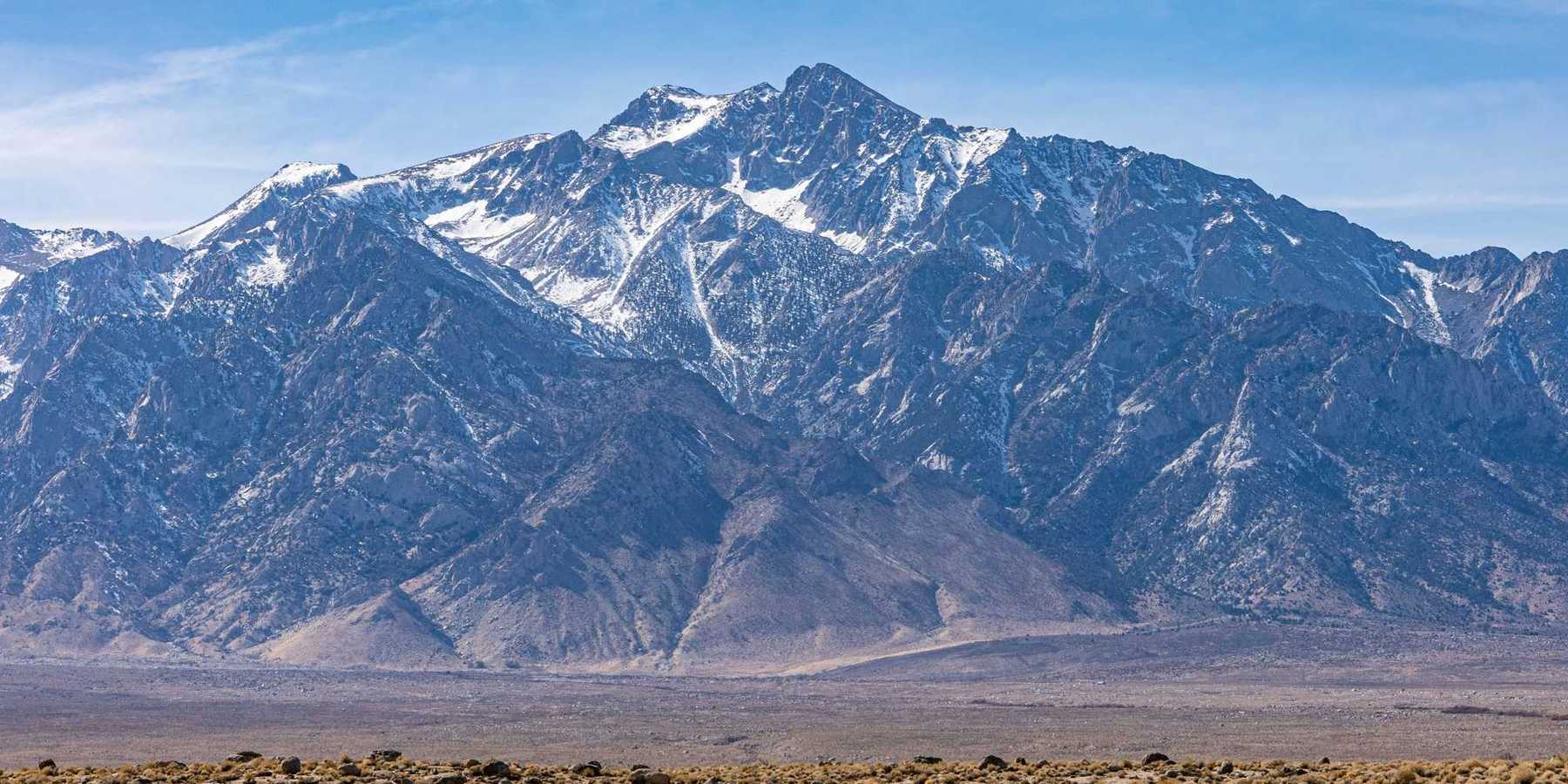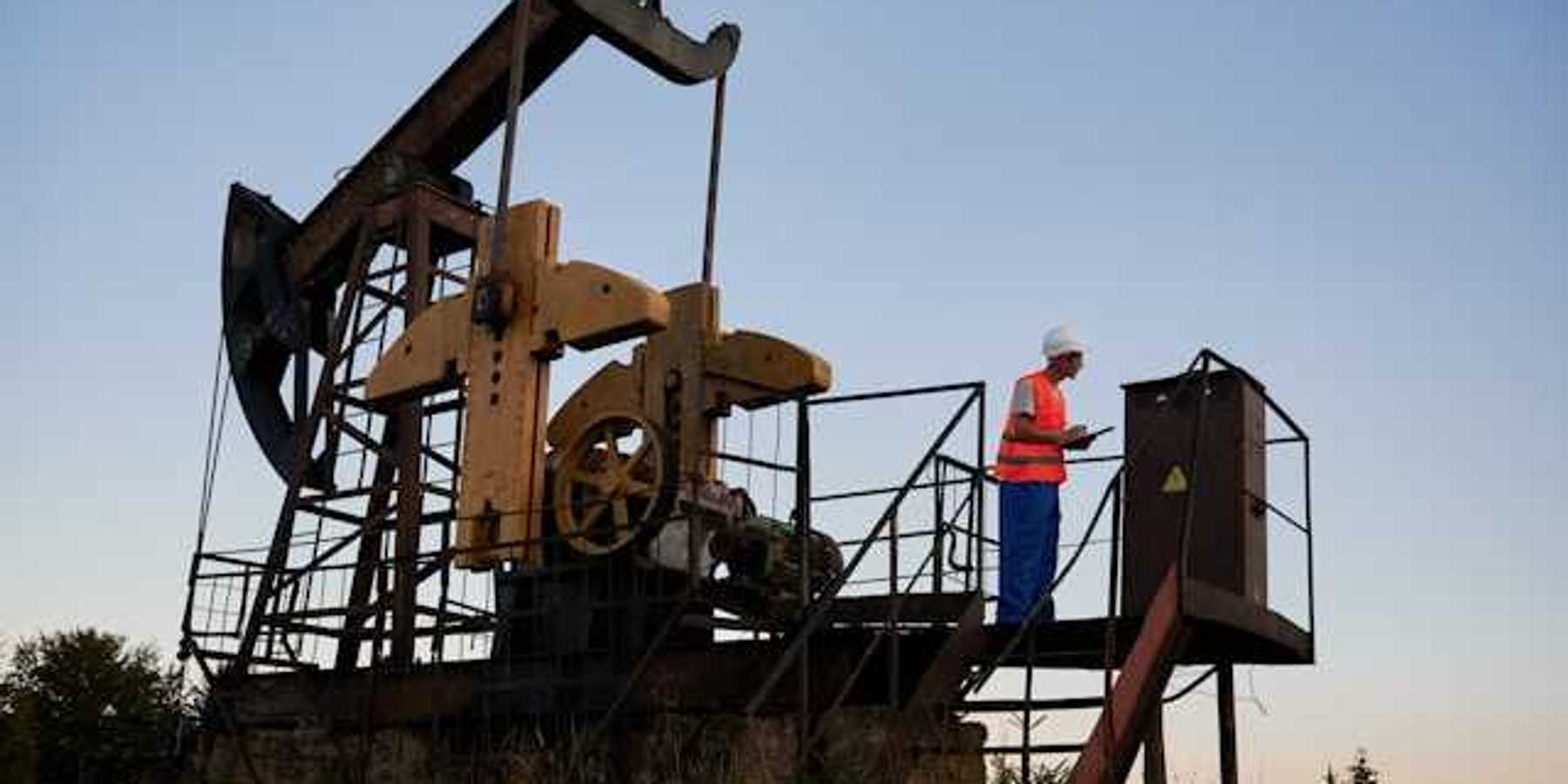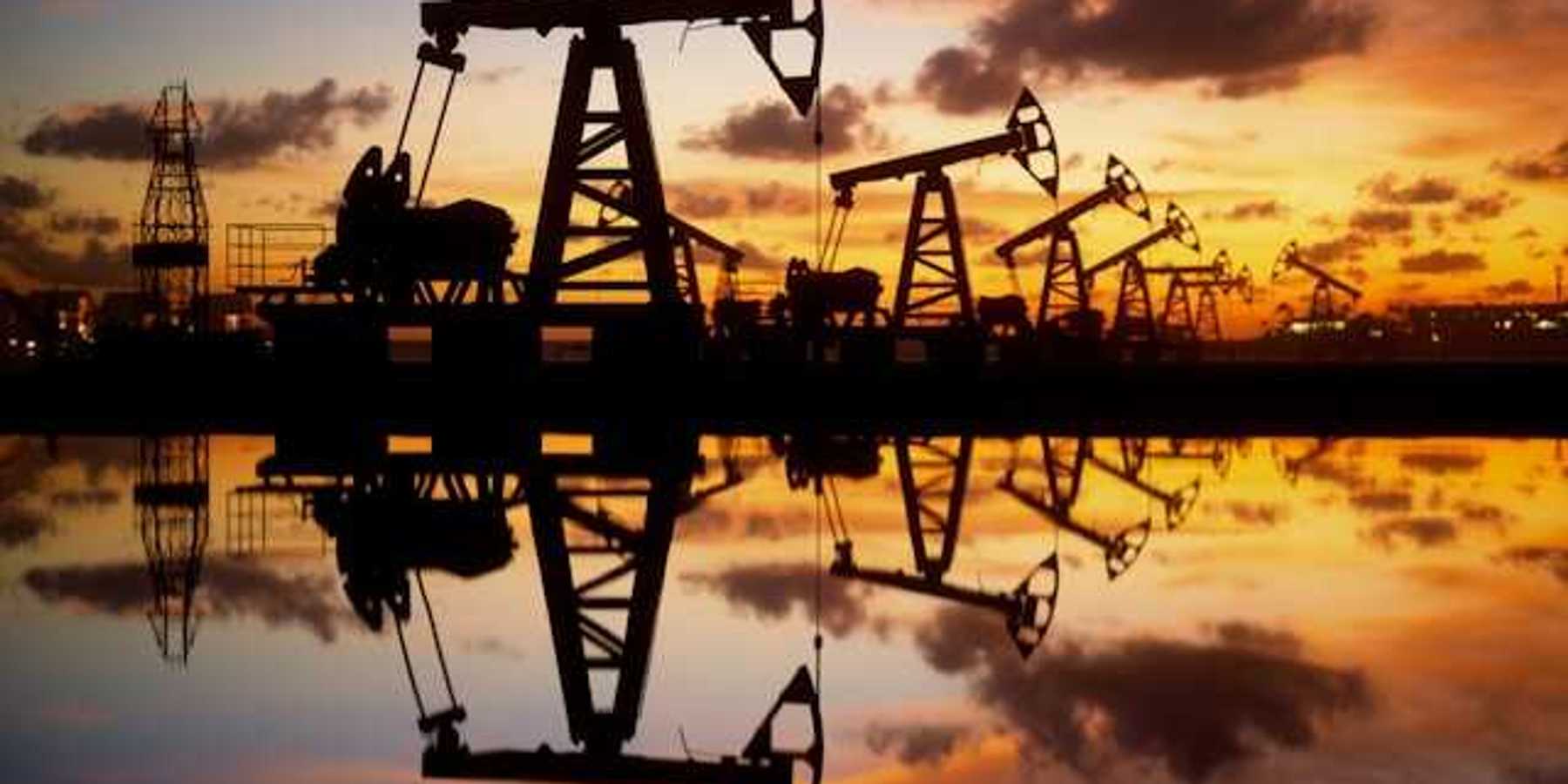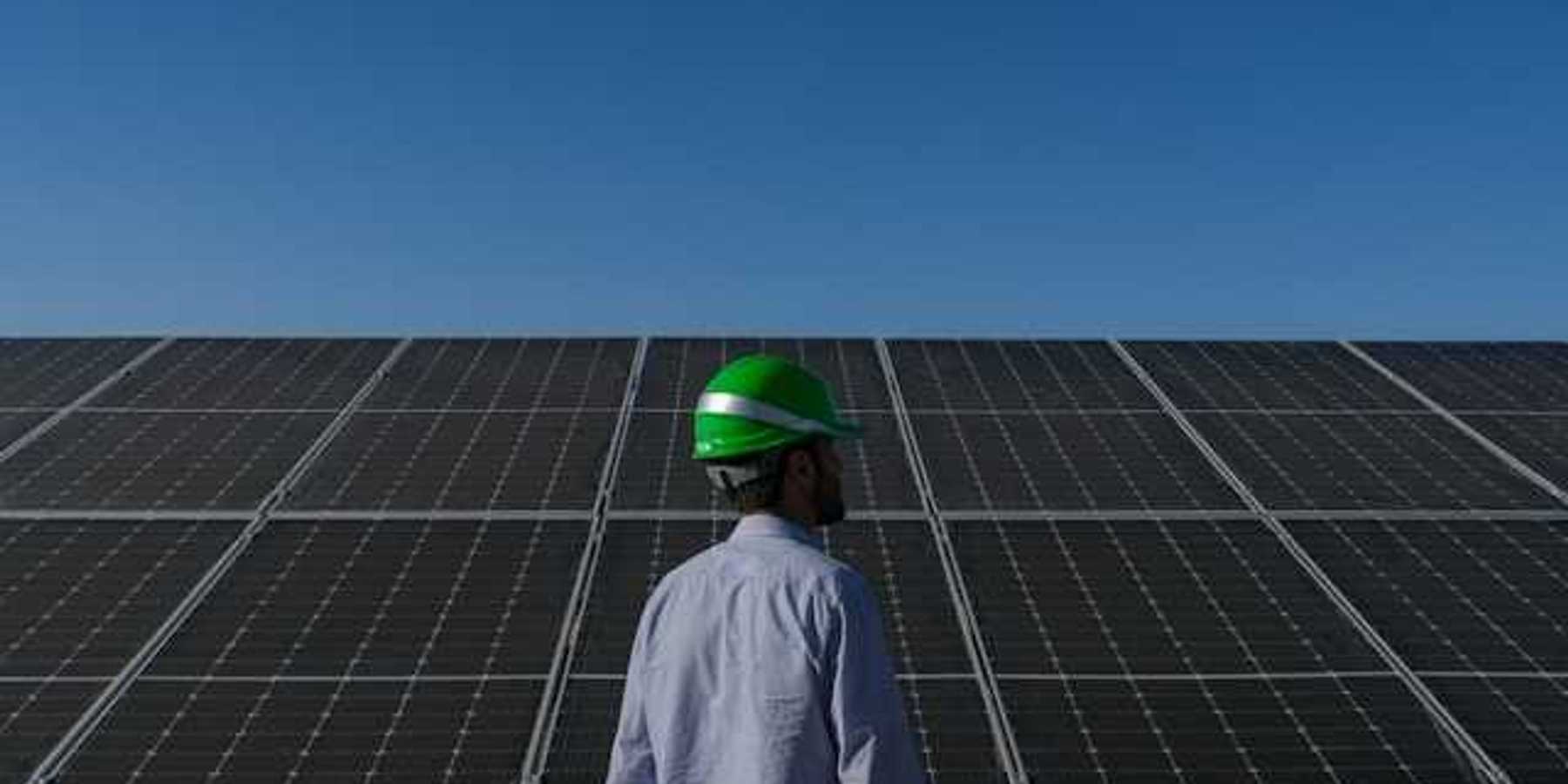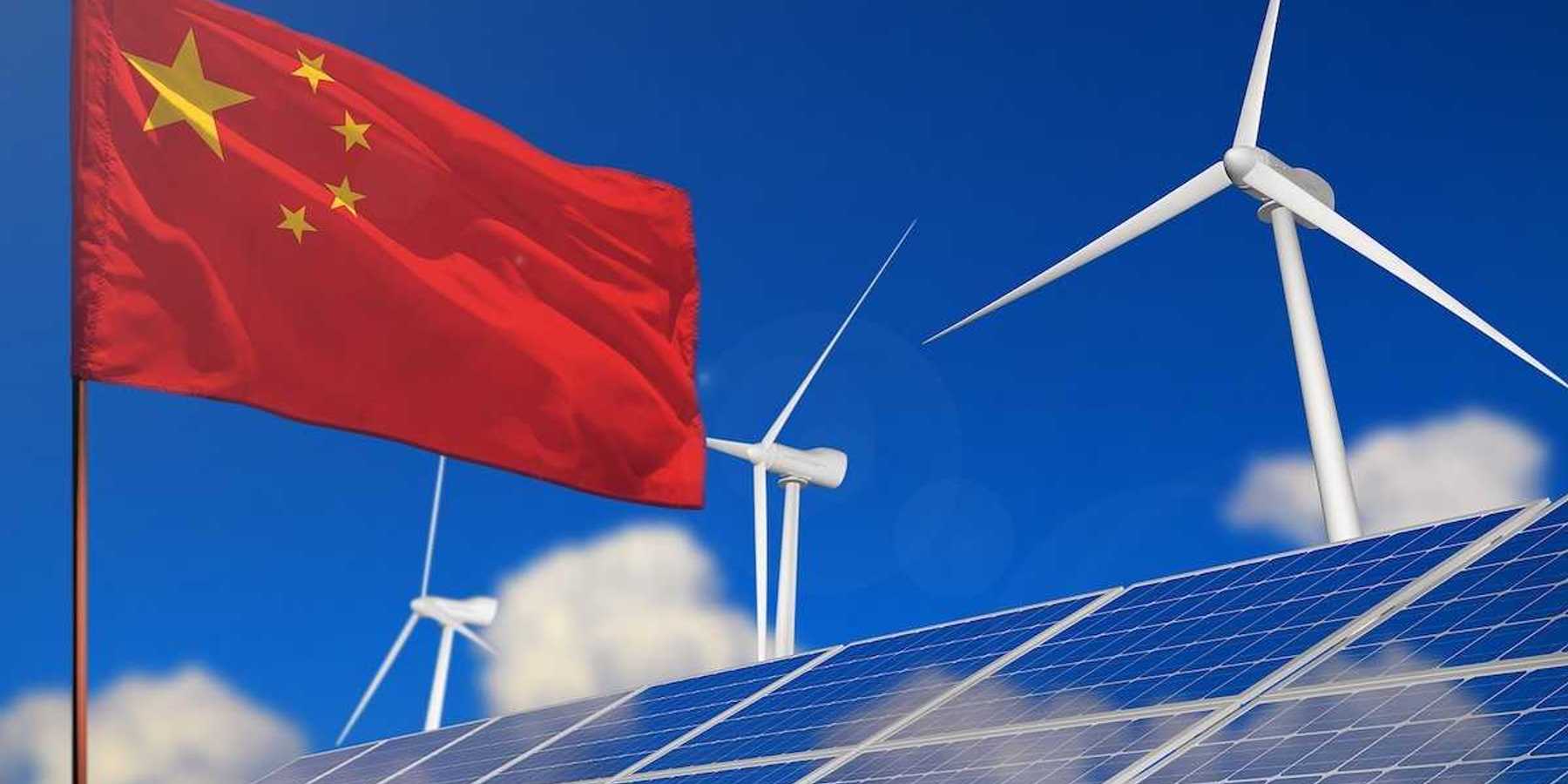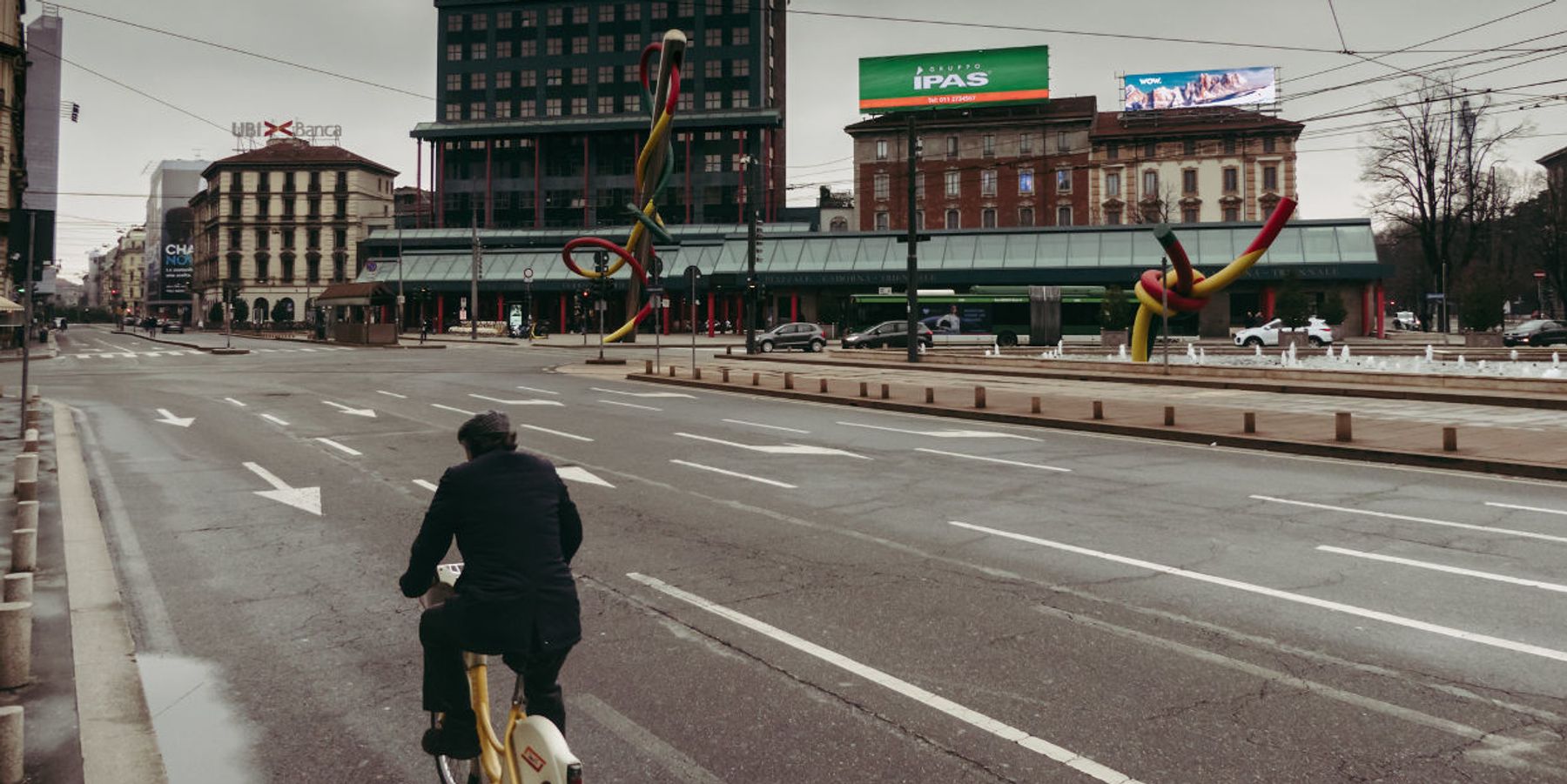
Elizabeth Sawin: Steps to re-invigorate the economy must free us from polluting fossil fuels
Clean air and water don't only result from loss and upheaval, they can be planned for.
You've seen the headlines: Air pollution is down in places where efforts to limit coronavirus spread have locked down cities and towns.
There is nothing to be celebrated about the pandemic. It is creating loss and fear, and the economic disruption is causing terrible hardship for many.
At the same time, the pandemic holds up a mirror that can help us see the interconnections between economic activity, energy and transportation systems, greenhouse gas emissions, and air pollution.
As a side-effect of steps to protect people from the novel coronavirus, skies are clearer, water is cleaner and people are breathing easier. It has even been estimated that more lives were saved during China's lockdown because of the decrease in air pollution than from preventing more cases of COVID-19.
Some people look at the pandemic's influence on pollution and say the cleaner air and water show that the real "plague" is humans, who act toward Earth as a virus does to a host.
I don't buy that.
The problem isn't humans, it's the type of fossil-fuel dependent infrastructure that many societies have created. If we could shift that infrastructure, we could have clear skies and clean water more of the time, in more places—without shuttered businesses and schools.
With lockdowns, shutdowns, and school and business closings, we are temporarily reducing the use of the capital and infrastructure that produce pollution in the first place. With idled cars, darkened office towers, and grounded planes, the economy burns less fossil fuel, and thus produces less air pollution and fewer tons of greenhouse gasses.
Of course, the sudden cessation of so many people's livelihoods and education is a horrible path to cleaner air and water. The whole point of action on climate change is to reduce suffering, and clearly this pandemic is generating suffering to a staggering degree.
But, thinking toward the future, there are strategies that can reduce the utilization of energy-dependent capital that don't cause suffering. In fact, some actually bring value to individuals and society.
For instance, we could make cities safer for biking and walking so that fewer people would need to own automobiles in order to get to school or work. That would help keep the air clean, reduce greenhouse gases, and save households money all at the same time.
On top of that, the incidence of illnesses related to lack of physical activity would fall, to the benefit of both individuals and the healthcare system overall.
That flips the script, doesn't it?
Instead of reduced pollution at the cost of a lot of human suffering, these investments in a shared public infrastructure for mobility reduce pollution and also improve lives.
There are other strategies to reduce air pollution and greenhouse gas emissions, and these also offer multiple benefits.
Take energy efficiency. Every gallon of oil not burned to heat a home or every gallon of gasoline not burned to drive a mile produces financial savings for the owner of the home or vehicle and reduced air pollution and greenhouse gasses for society as a whole.
Clean energy also produces multiple benefits. Investment in wind, solar, batteries, and the electric grid could ensure that clean power is available when and where people need it. Building this infrastructure would create lots of good jobs.
And if homeowners, renters, and communities have an ownership stake in the infrastructure that heats and lights their homes, they'd experience reduced energy bills and be able to spend more of their paychecks on other essentials, like food, medicine, and education.
Governments are preparing recovery plans from the pandemic and associated economic crisis. Trillions of dollars are sure to be spent, and how those dollars are spent is sure to impact everyone's future.
If you are thrilled about the idea of cleaner air in your neighborhood, you can insist that recovery investments also produce cleaner air and water, a safer global climate, lower energy bills, alternatives to gas-guzzling cars, and better public health overall.
The opportunities are clear, well-studied, and well-documented. Clean air and water don't only result from loss and upheaval; they can be planned for, designed for, and invested in, and they can even produce other benefits at the same time.
So, be loud. Be clear. Insist that steps to reinvigorate the economy must also free us all from the burdens of a fossil-intensive, coal-, oil-, and gas-driven economy.
Elizabeth Sawin is Co-director of Climate Interactive, a Washington, D.C.-based nonprofit that helps people see what works to address climate change and related issues like energy, health, equity, food security and disaster risk reduction. You can follow her on Twitter @bethsawin


